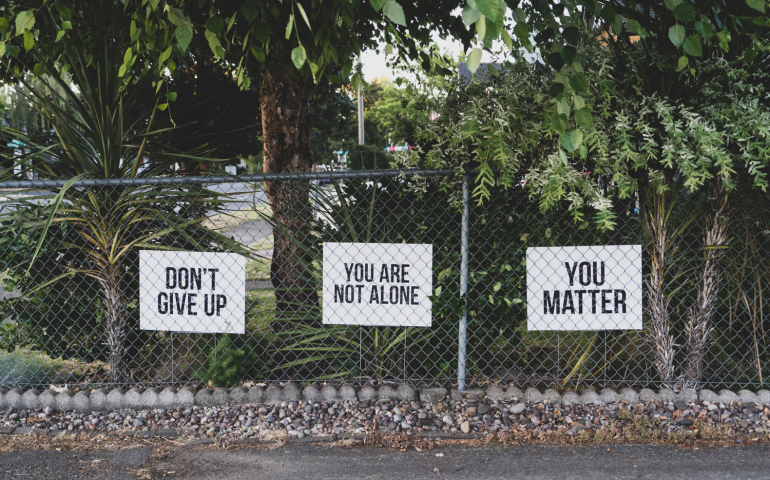What is disability awareness? Disability awareness is educating people regarding disabilities (visible or hidden) and giving people information regarding this. At least 25% of adults in the United States have some sort of disability. People with disabilities are people too. We, as a society, can learn and educate others on disability awareness to bring about necessary changes in today’s society. October is National Disability Employment Awareness Month where we can raise awareness of the employment needs and contributions of individuals with all types of disabilities.
Hidden (invisible) disabilities are normally defined as those that are not immediately noticeable or obvious to other people. This blankets a number of different disabilities including chronic pain, brain injuries, learning disabilities, or compression syndromes. The validity of a disability is not based on how other people perceive it, but because the condition(s) is not obvious. People with invisible disabilities may receive backlash or discrimination from people, like faking their sympoms or imagining them.
For a better future, we need to try to minimize discriminatory culture and promote disability awareness throughout various platforms and break social barriers. Melana Rangel, the President of Delta Alpha Pi, said, “Disability Awareness Employment Month to me is where we can choose to learn about disabilities and how we can choose to support everyone equally.” Rangel also said, “To be more inclusive on campus, I believe that as a community we need to open our eyes and allow ourselves to recognize everyone for not what they look like on the outside but by who they are deep down inside.”
At Southern Nazarene University we have an amazing tool, the Center for Student Success. Alyssa Williamson, a senior at SNU, said, “I believe the Center for Student Success is very helpful. I would encourage students to take time to get to know the people in each of the offices, especially Tabitha, the Director of Disability Services at SNU.” Rangel also gives us insight on the Center for Student Success saying, “The Center for Student Success has been extremely helpful for me all of the 4 years I have been here. Tabitha has helped me learn to advocate for myself and how to succeed in school and life with a disability. I encourage anyone who may need the Center for Student Success to utilize it; it is here for a reason.”
In most ways, students with disabilities are exactly like other students, they wish to be treated as individuals and not labeled and singled out because of their disabilities. Stereotyping is prevalent all throughout society, and while all types of stereotypes can be destructive, stereotyping on a college campus can undermine academic performance of students. Because stereotyping can be detrimental, we need to become more aware of misconceptions and stereotyping to work to eliminate them from college campuses. Check out the Center for Student Success if you have not yet!
Photo by: Dan Meyers on Unsplash
